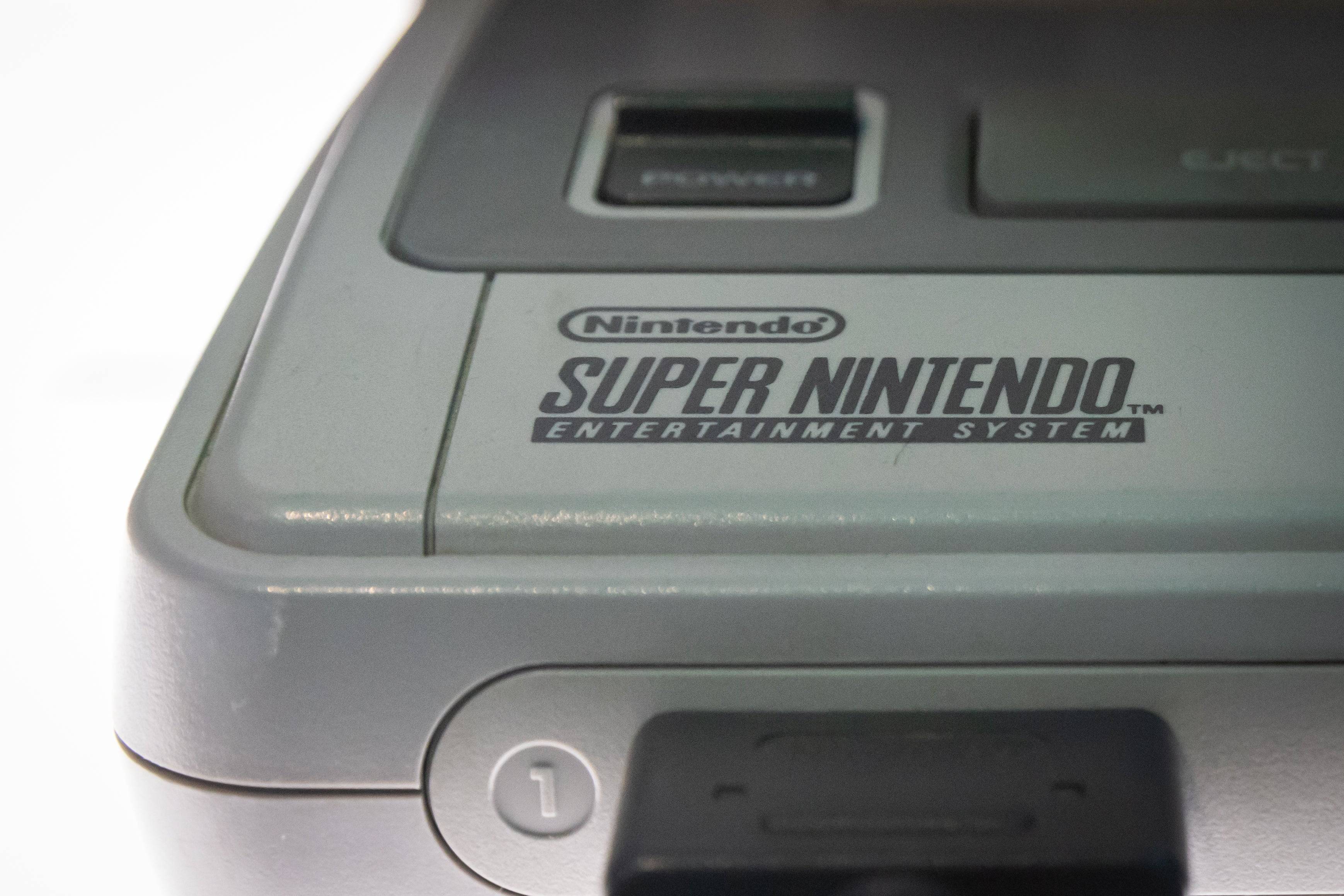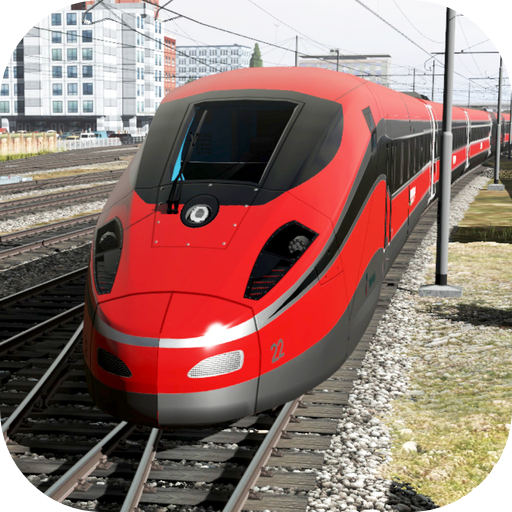The speedrunning community is buzzing with intrigue over a surprising technological phenomenon: the Super Nintendo Entertainment System (SNES) seems to be running games faster as it ages. This theory, which emerged in early February, was brought to light by Bluesky user Alan Cecil (@tas.bot), who noted that the nearly 50 million SNES units sold worldwide might now be performing better than when they were new. This includes popular titles such as Super Mario World, Super Metroid, and Star Fox.
The notion that a console could improve its performance over time might seem far-fetched, yet Cecil's research points to a specific component that could be the key to this unexpected enhancement.
The Fastest Thing Alive
In an interview with 404 Media, Cecil explained that the SNES's audio processing unit (APU) SPC700, with its digital signal processing (DSP) rate officially set at 32,000Hz, is influenced by a ceramic resonator running at 24.576MHz. However, retro console enthusiasts have observed that these specifications aren't always accurate. Recordings over the years have shown varying DSP rates influenced by environmental factors like temperature, which in turn affect the console's audio processing and game speed, albeit subtly.

In a follow-up Bluesky post, Cecil shared detailed data, noting, "Based on 143 responses, the SNES DSP rate averages 32,076Hz, rising 8Hz from cold to warm. Warm DSP rates go from 31,965 to 32,182Hz, a 217Hz range. Therefore, temperature is less significant. Why? How does it affect games? We do not know. Yet."
Any%
While the findings are intriguing, Cecil acknowledges the need for further research to understand the extent and cause of the increased processing speed. Historical data from the console's early years is scarce, but the SNES appears to be aging gracefully as it approaches its 35th anniversary.
The speedrunning community is particularly interested in how this could affect game performance, such as potentially shortening load times. However, the impact on speedruns might be minimal, with even the most significant changes likely shaving off less than a second. The effect on different games and longer speedruns remains uncertain, and the community's research is still in its early stages.
As Cecil continues to explore the inner workings of the SNES, the console seems to be thriving in its 30s. For more on the SNES, check out its ranking on the list of best-selling consoles of all time.
 Home
Home  Navigation
Navigation






 Latest Articles
Latest Articles










 Latest Games
Latest Games




![Chubby Story [v1.4.2] (Localizations)](https://imgs.xddxz.com/uploads/85/1719638042667f981a5e9f8.jpg)

![Zia – New Version 0.4 [Studio Zia]](https://imgs.xddxz.com/uploads/47/1719569268667e8b74e6004.jpg)




